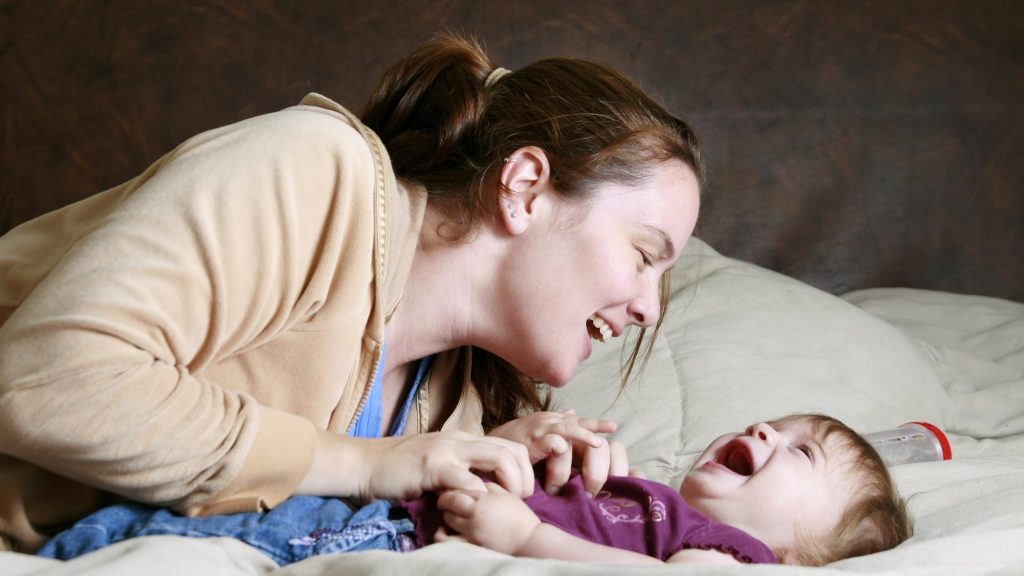What is Baby Fever?

When you’re ready to have a child or a grandchild, you may experience strong emotions associated with children. This phenomenon seems to affect childless adults who are of parenting age. It can be especially strong when they encounter a baby and hold one in their arms.
What is baby fever?
Baby fever is described as the strong emotions a childless adult feels when they encounter a baby. While it has been long joked about, baby fever is real. It is an overwhelming emotional desire for a child, and it is more common in women than men. For men, as they age, they also experience an increased desire for a baby, which is called baby lust.
People with baby fever have reported having psychosomatic symptoms, like having dreams of being pregnant and caring for a child, feeling restless and unfulfilled because of their desire, and experiencing visceral, radiating pain.
There have been many attempts to explain the prevalence of baby fever, including the byproduct theory, sociocultural theory, and adaptationist theory. The byproduct theory sees baby fever as a result of having the biological need for reproduction. The sociocultural theory suggests that our cultural socialization encourages baby fever on women. Finally, the adaptationist theory is a theory that says that baby fever is an emotional signal telling a person’s brain that it is the right time to have a baby.
Baby fever refers to the extreme emotions a childless adult may feel when they encounter a baby. This phenomenon has been a joke for decades, but it is real. People with baby fever can experience psychosomatic symptoms ranging from dreams of pregnancy to visceral pain, and while baby fever causes real symptoms, researchers can’t truly explain why it happens. If you’re going through baby fever, take time to think about the consequences of having a baby. Babies are fun and rewarding, but raising a child is a commitment that changes your life forever.